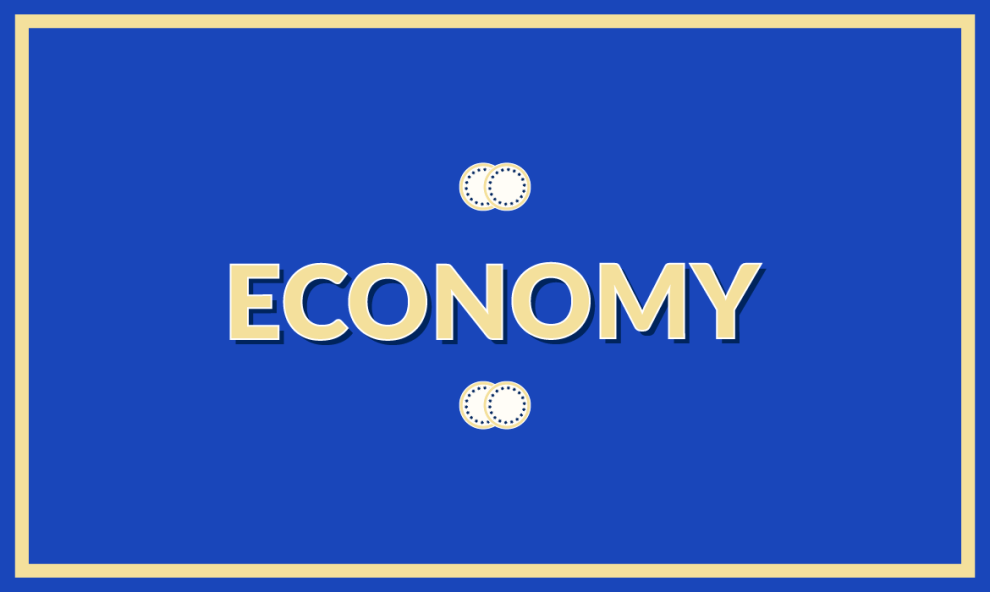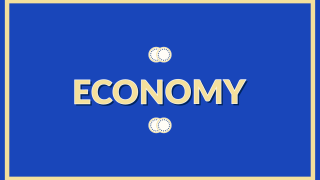*Ana Lilia Moreno
In February this year, a few days before the coallition of citizens Internet para Todos (Internet for All) presented its first legislative initiative to Congress I questioned in this very column the economic model that intends to seductively implement in the Constitution the right to universal and free Internet access in Mexico.
Internet is not a right, nor is having a television, a radio or an iPod. The only true right is information access. In my view, discussions about the debate have created several myths that are worth noting:
Myth #1: The open, neoliberal economic model is the reason why the Internet sector is inefficient
The Mexican Executive initiative, currently under discussion at the Senate, considers the digital inclusion of all Mexicans as “a right whose exercise should be given in conditions of effective competition, quality, plurality, universal coverage, interconnection, convergence, continuity and free access”. Why putting so much emphasis in letting the telecommunication market operate in a competition context instead of being subsidized by the State? One of the main reasons is that with sudden technological breakthroughs in the Internet sector and the need to ensure the right to information access, the most effective solution, found in almost every country on Earth, has been identified as opening up the industry by regulating it through private companies and public-private partnerships. Accordingly, entrepeneurial freedom as a provider of solutions, acts efficiently when, faced before technological progress, meets the needs more quickly than the bureaucratic State; and in the friction of competition, seeks to provide its customers with the best possible service and rates. Furthermore, in order to prevent and punish abuses of power caused by excesive concentrations, the optimum solution from a public policy perspective has been the intervention of the State as a regulator to prevent crime and sanctioning anti-competitive practices.
The ideological stand in this respect ranges between State participation (acting as a protector of consumer rights and the competitive process) and the free entrepenurial manner as a provider of quick and efficient solutions that will contribute to raise the standards of living, as it happens in the most advanced societies.
Myth #2: Few suppliers hamper the market because of their monopoly powers
The Internet industry is characterised by having high investment costs and a complex operational structure, factors strong enough to consider the sector in particular terms, being a “natural” fact that the market offer is formed by few competitors capable of investing and risking large sums of capital in several projects. This issue gives rise to a sophisticated discipline of economic and law study. Defining markets and calculating dominant powers and its implications requires high-level technical training. If service suppliers act in an efficient, pro-competitive way, then the consumers´ wellbeing will benefit from lower prices, top quality and innovation in services even when competitors have a higher market share.
Our duty as civil society is to demand an effective regulation and severe, proportional sanctions against practices that undermine the good performance of the market. A strenghtening of legal and institutional tools that defend consumers would be a great leap forward in terms of acting as a needed counterweight to ensure progress, a quick adaptation to technological changes, system sustainability and protection to citizens’ rights.
Myth #3: The CFE (Federal Electricity Commission) optic-fiber network should be used to give free Internet access to everyone since it was paid by citizens´ taxes
CFE network could hardly supply the market in a direct way since saturation would be expected because of an exponential data growth. The reform that the Executive Power does consider is the use of the CFE network but from a different perspective. The proposal is to manage it by using a state-owned company so that operators can use and market its services, providing customers with benefits of a broader competition. Currently, the network is property of Telmex, a fact that does negatively affect the sector’s cost and competitivity. When considering CFE network as a public good that would serve as a platform to generate a web of wholesale data transportation, pushing datalink prices down will be a priority. It will be a task of the governing body and us, as a civil society, to press and observe that these cost reductions should be passed on to the end-user’s benefit
On the other hand, what are the implications of guaranteeing Internet for all from public coffers? Mexico is the OCDE member with the lowest level of tax collection (OCCDE Revenue Statistics. Special Feature: taxes paid and social transfer (1965-2011). About 60% of its economically active population does not pay taxes. Internet para todos claims that the CFE network has been built with everyone´s money. Let us be precise: CFE network has been paid with money of the few contributors that did pay taxes in the past. Wouldn’t it be a major risk to hold the government accountable for providing every Mexican citizen with high-quality Internet since it can only collect a low revenue? Would the government be able to promptly reinvest on technological changes that would demand quick solutions from users?
Asking the government to subsidize us all is the easy way. Let us focus our demands within society to the optimisation of an economic system that will balance forces based on realistic and economically sustainable solutions. I extend an open invitation in trusting a system in which competition is effective, a system where the possibilities of creating more winners rise significantly.
*Ana Lilia Moreno is an investigator and coordinator of the Mexican Competition Network at @CIDAC. anamoreno@cidac.org @analiliamoreno
Ana Lilia Moreno






Comments